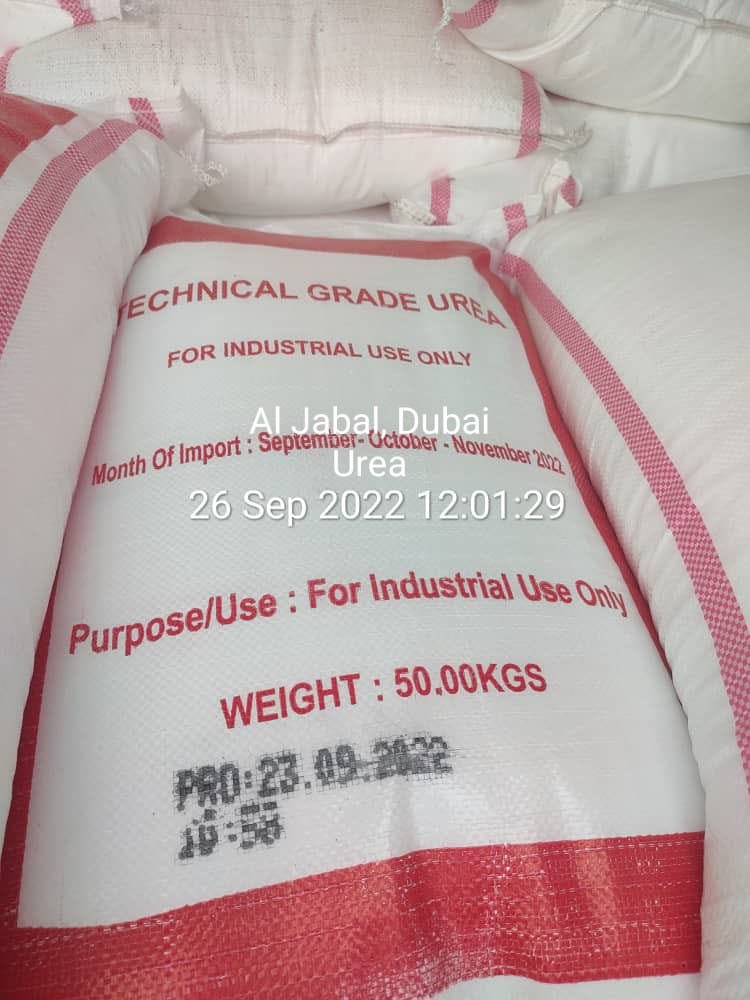Granular Urea: A Deep Dive into the Benefits and Applications

Introduction
Granular urea, a key player in the agricultural landscape, has gained widespread attention for its remarkable benefits and versatile applications. In this comprehensive guide, we’ll explore the nuances of urea, delving into its composition, advantages, and the diverse ways it contributes to enhancing agricultural practices.
Understanding Granular Urea
What is Granular Urea?
Granular urea is a nitrogen-rich fertilizer formed by combining urea with other essential nutrients. This granulated form ensures a slow release of nitrogen, providing plants with a sustained nutrient supply.
Composition
Breaking down the composition of urea reveals a precise blend of nitrogen, phosphorus, and potassium, catering to the specific needs of various crops. This balance plays a crucial role in fostering optimal growth and yield.
Benefits of Granular Urea
Slow Release Mechanism
One of the standout features of urea is its slow-release mechanism. Unlike traditional fertilizers, granular urea releases nutrients gradually, preventing nutrient leaching and ensuring a prolonged supply for plants.
Enhanced Nutrient Absorption
The granular form facilitates better nutrient absorption by plants. This results in improved efficiency, reducing the amount of fertilizer needed while maximizing the benefits for crops.
Reduced Environmental Impact
Granular urea’s controlled release not only benefits crops but also minimizes environmental impact. By preventing nitrogen runoff, it contributes to sustainable farming practices and protects water sources.
Applications in Agriculture
Cereal Crops
Granular urea finds extensive use in cereal crops like wheat, rice, and corn. Its slow-release nature aligns perfectly with the growth patterns of these crops, ensuring consistent nutrient availability throughout the season.
Horticulture
In horticulture, urea proves to be a game-changer. Its versatility makes it suitable for a wide range of fruits and vegetables, promoting healthier plants and higher yields.
Optimizing Urea Use
Application Guidelines
To maximize the benefits of granular urea, farmers need to adhere to specific application guidelines. Proper timing, dosage, and distribution play pivotal roles in ensuring optimal results.
Combination with Other Fertilizers
Combining urea with other fertilizers can further enhance its efficacy. Farmers often customize fertilizer blends based on the unique requirements of their crops.
Challenges and Solutions
Perplexities in Application
While urea offers numerous benefits, farmers may encounter challenges in its application. Understanding these perplexities and adopting appropriate solutions is crucial for successful implementation.
Burstiness in Crop Response
The burstiness in crop response to granular urea requires careful monitoring. Farmers must be attuned to the specific needs of their crops, adjusting application rates accordingly.
Conclusion
In conclusion, granular urea stands as a cornerstone in modern agriculture, offering a sustainable and effective solution for nutrient supplementation. Its slow-release mechanism, coupled with versatile applications, makes it a go-to choice for farmers aiming for optimal crop yield.
FAQs
- Is granular urea suitable for all types of crops?
urea is versatile and can be used for various crops, including cereals, fruits, and vegetables. - How often should urea be applied?
Application frequency depends on factors like crop type, soil conditions, and climate. It’s essential to follow recommended guidelines. - Can granular urea be used in organic farming?
Urea can be use in conjunction with organic practices to achieve a balanced nutrient supply. - Does urea contribute to soil health?
Yes, the controlled release of nutrients by urea helps maintain soil health and minimizes environmental impact. - Are there any precautions when using urea?
Farmers should be cautious about overdosing and follow recommended application rates to prevent potential negative effects.
